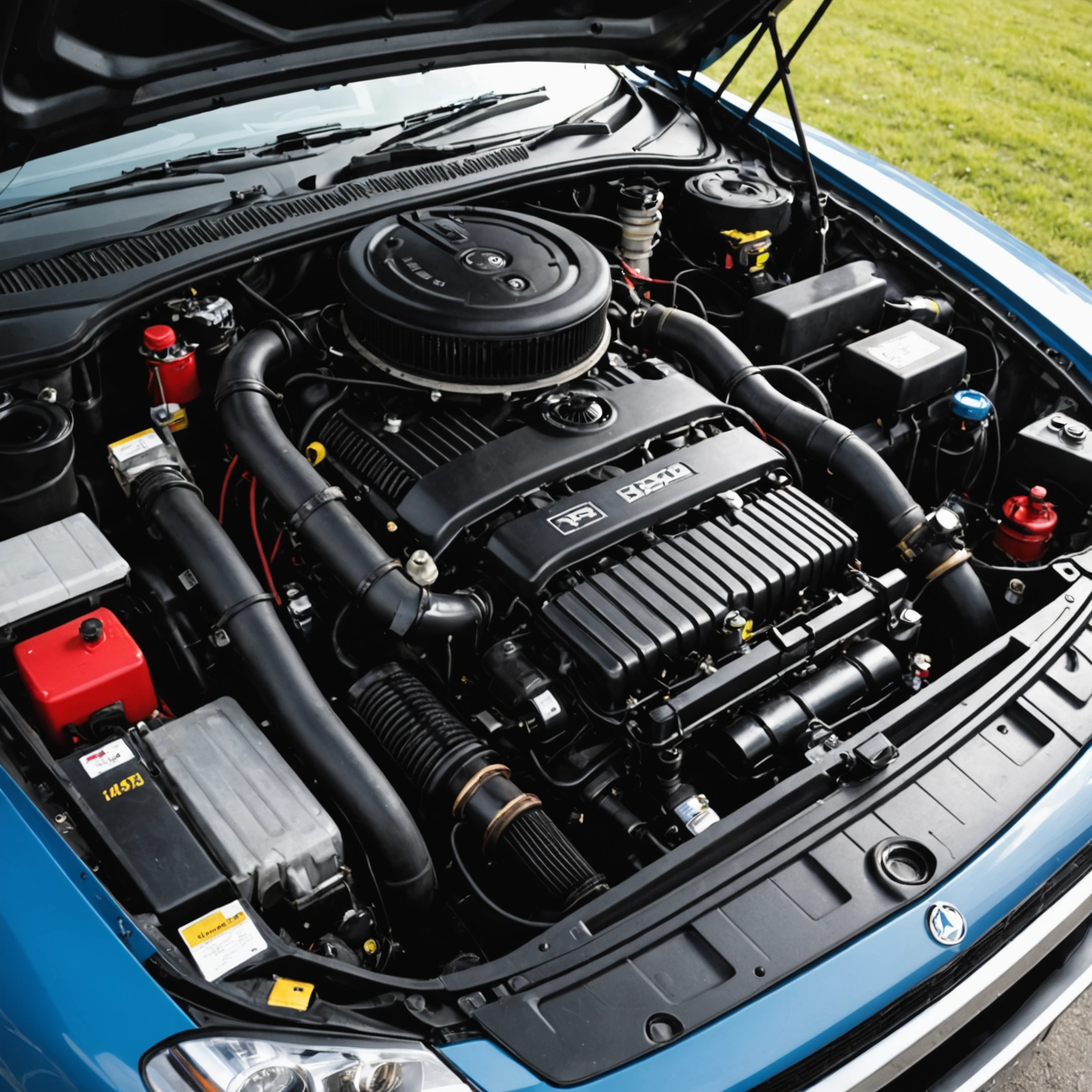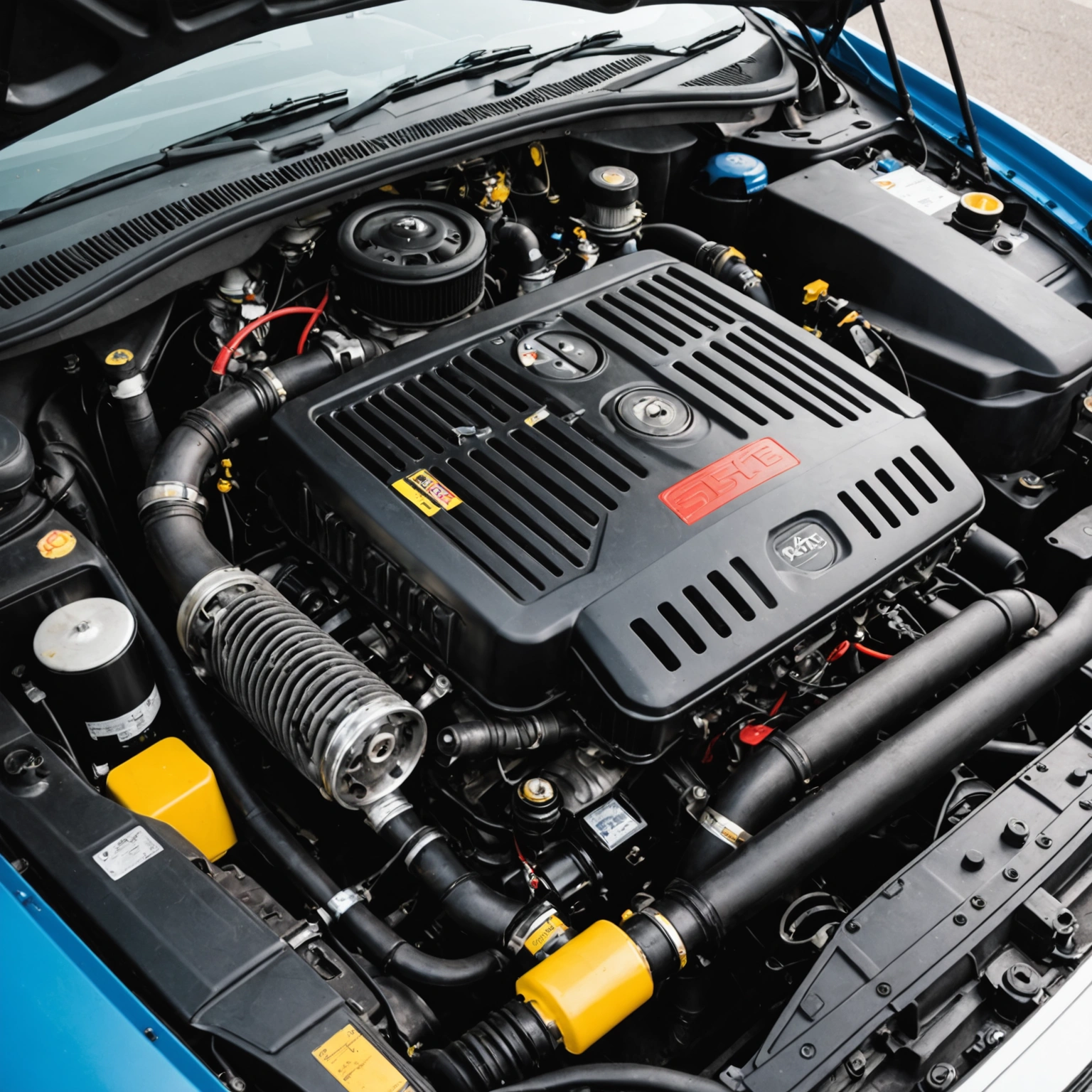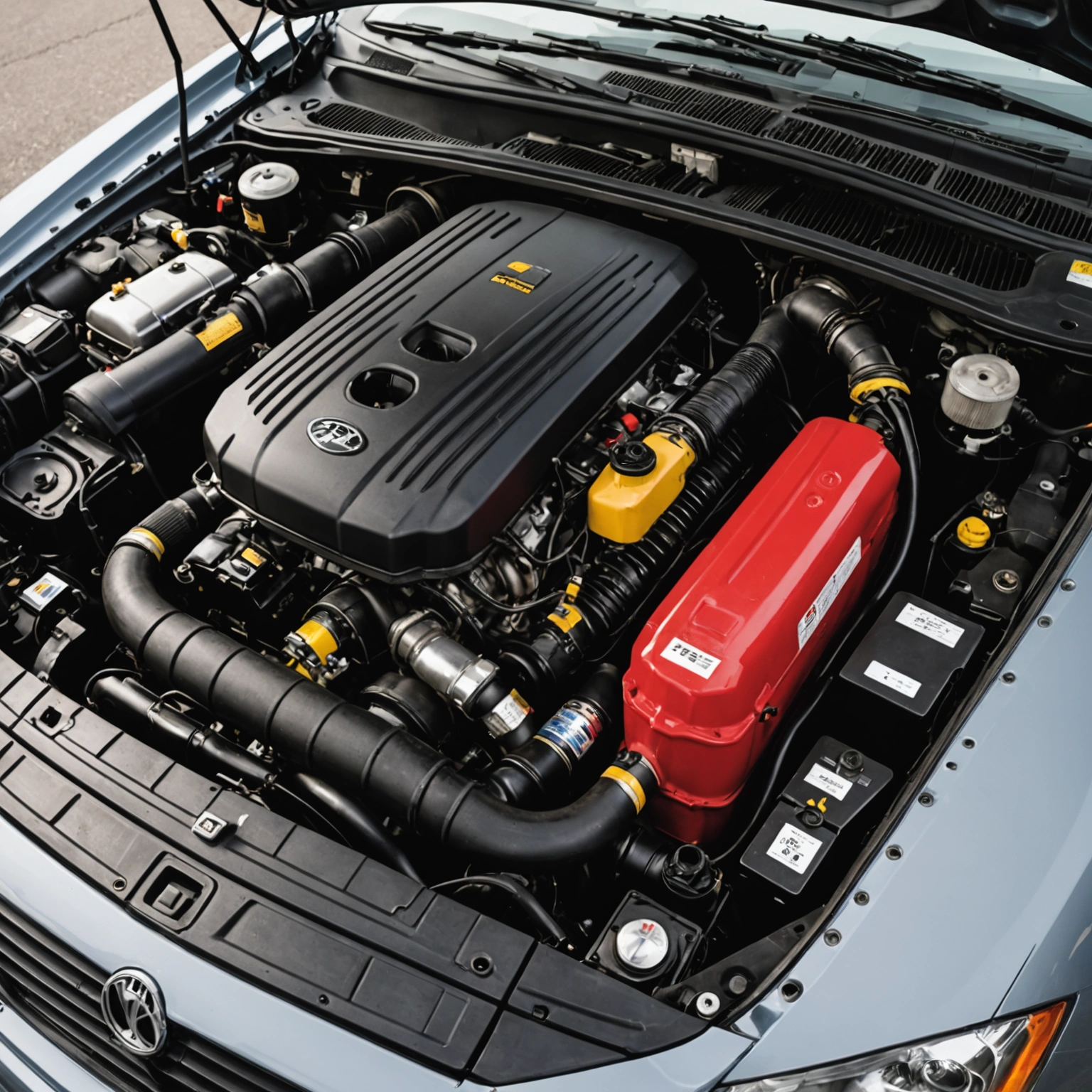**Why Is My Car Overheating So Fast? Understanding the Causes and Solutions**
Experiencing rapid overheating in your vehicle can be alarming and inconvenient. If your car is reaching dangerously high temperatures quickly, it’s essential to identify the underlying causes to prevent engine damage and ensure safe driving. Here’s a comprehensive overview of common reasons why your car might be overheating so fast and what you can do about it.

### 1. Low Coolant Levels
**What it is:** Coolant (antifreeze) circulates through the engine to absorb heat and prevent overheating.

**Why it causes rapid overheating:** Low coolant levels mean less heat absorption, causing the engine to heat up quickly.
**Solution:** Check the coolant reservoir and radiator for proper levels. Top up with the correct type of coolant if needed. Look for leaks or signs of coolant loss and repair any leaks promptly.

### 2. Coolant Leaks or Blockages
**What it is:** Leaks in hoses, the radiator, or the water pump can reduce coolant circulation.

**Why it causes rapid overheating:** Insufficient coolant flow prevents heat dissipation, leading to quick temperature rises.
**Solution:** Inspect hoses, radiator, and water pump for leaks or damage. Replace or repair faulty parts. Flushing the cooling system might also help remove blockages.
### 3. Faulty Thermostat
**What it is:** The thermostat regulates coolant flow based on engine temperature.
**Why it causes rapid overheating:** A stuck closed thermostat prevents coolant from circulating, causing the engine to overheat rapidly.
**Solution:** If suspected, have a mechanic test and replace the thermostat if needed.
### 4. Radiator Issues
**What it is:** The radiator dissipates heat from the coolant.
**Why it causes rapid overheating:** A clogged, damaged, or dirty radiator impairs heat exchange.
**Solution:** Clean the radiator fins, ensure proper airflow, and consider professional flushing or replacement if clogged.
### 5. Water Pump Failure
**What it is:** The water pump circulates coolant throughout the engine.
**Why it causes rapid overheating:** A malfunctioning pump reduces coolant flow, causing the engine to overheat.
**Solution:** Have the water pump inspected and replaced if faulty.
### 6. Broken or Malfunctioning Fans
**What it is:** Cooling fans help dissipate heat, especially when the vehicle is stationary.
**Why it causes rapid overheating:** If fans don’t operate correctly, heat accumulates quickly.
**Solution:** Check the fan motor, relay, and temperature sensors. Replace or repair faulty components.
### 7. External Factors
– **Overloading or towing:** Excess strain can cause the engine to heat up faster.
– **Driving in extreme heat:** Hot weather reduces cooling efficiency.
– **Blocked airflow:** Dirt, debris, or damage to grille and air intake can limit airflow.
### 8. Engine Oil Issues
**What it is:** Engine oil lubricates and helps dissipate heat.
**Why it causes rapid overheating:** Low or degraded oil can impair cooling, leading to quicker temperature rises.
**Solution:** Regularly check and change your engine oil as per manufacturer recommendations.
—
## What Should You Do if Your Car Overheats Quickly?
– **Pull over safely:** Stop driving immediately to prevent engine damage.
– **Turn off the AC and heater:** Using the heater can help draw heat away from the engine.
– **Allow the engine to cool:** Wait at least 30 minutes before opening the radiator cap.
– **Check coolant levels:** Add coolant if necessary, but only when the engine is cool.
– **Inspect for leaks or damage:** Look for visible issues or signs of coolant loss.
– **Seek professional help:** If you’re unable to identify or fix the problem, have a qualified mechanic diagnose and repair the issue.
—
## Preventive Tips
– Regularly check and maintain coolant levels.
– Follow your vehicle’s maintenance schedule for coolant flushes.
– Keep the radiator and cooling system clean.
– Monitor engine oil levels and quality.
– Address any signs of overheating immediately to prevent costly repairs.
—
**In Summary:** Rapid overheating can stem from various issues ranging from low coolant levels to mechanical failures. Regular maintenance and attentive driving habits are key to keeping your engine cool and ensuring your vehicle’s longevity. If overheating persists despite basic checks, don’t hesitate to consult a professional technician to diagnose and resolve the problem effectively.

